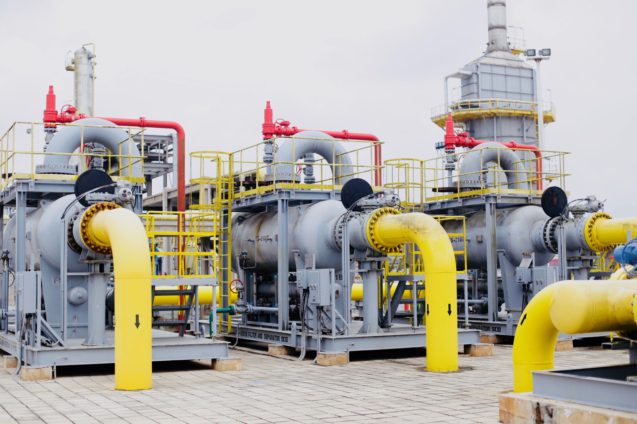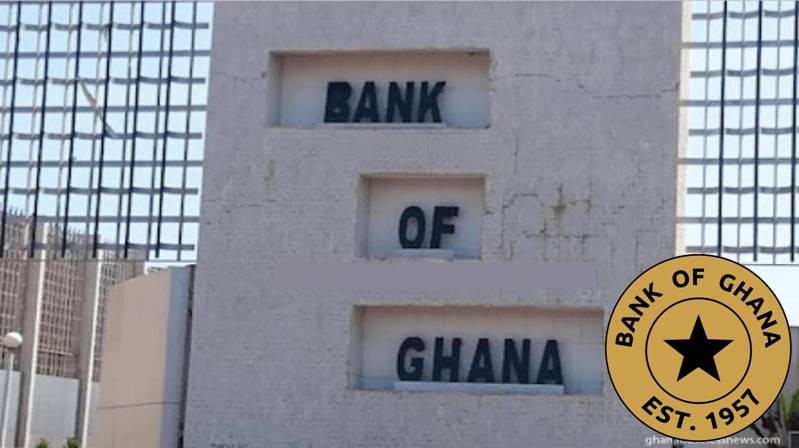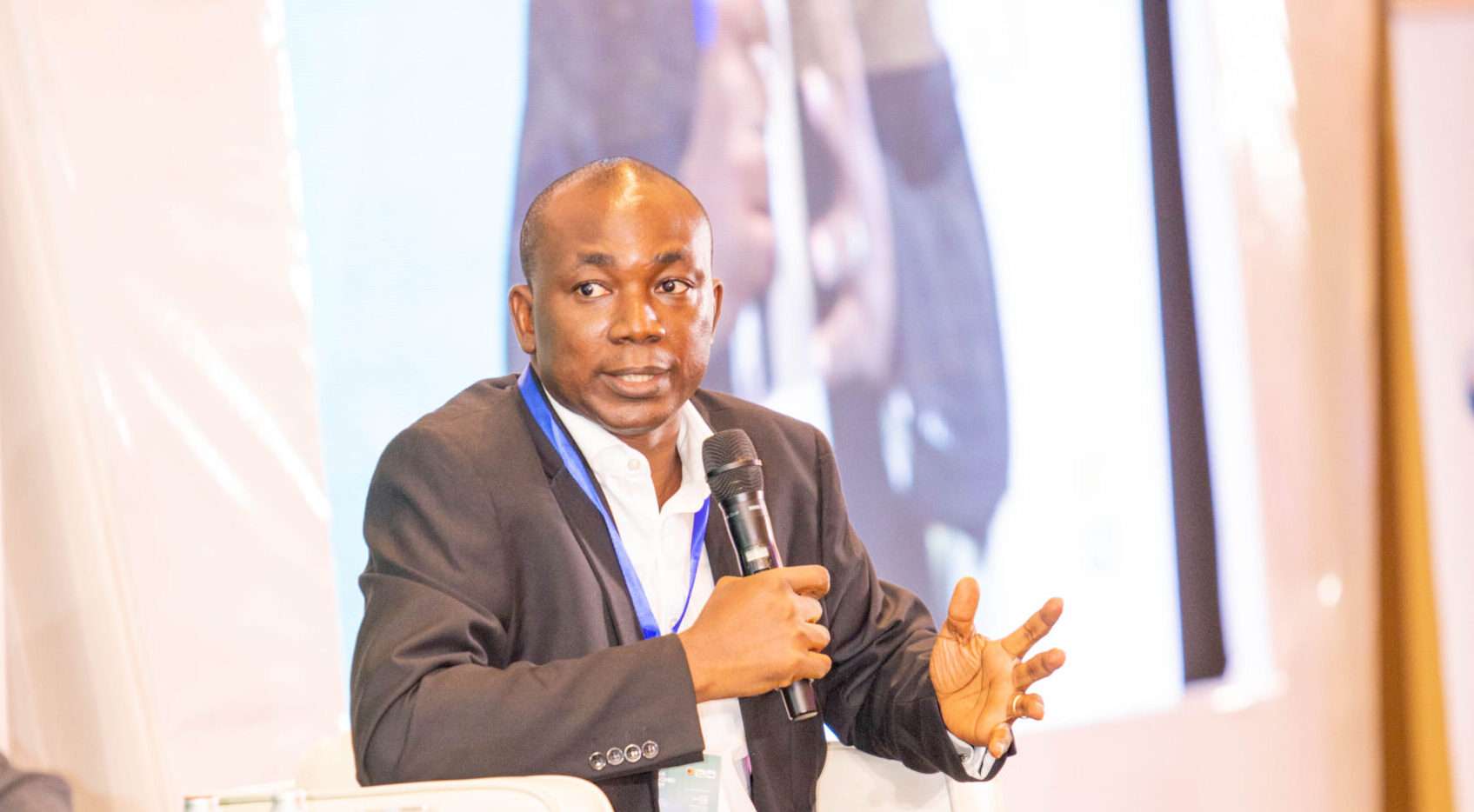To keep the momentum for full-scale industrialisation, it is necessary for the country to utilise a more reliable and affordable power generation as baseload to support value addition to the several natural alternative energy resources, the Chief Executive Officer, Bui Power Authority (BPA), Wisdom Ahiataku-Togobo, has said.
Mr Ahiataku-Togobo said dependence on renewable sources such as solar, wind or tidal electricity, though sustainable, could be intermittent and cannot support industrialisation without first having adequate baseload power.
He was speaking at the 10th edition of Ghana Economic Forum (GEF) in Accra on the theme, “the role of alternative energy in ensuring the medium to long-term sustainability of the power sector.
He said, Ghana needs to follow the examples of India, Malaysia and the United Arab Emirates to integrate cheaper baseload in order to accommodate large-scale variable renewable energy to drive industry and job creation.
The country relies on natural gas as one of the most sustainable and relatively cost competitive fuel supply to produce affordable power.
Though significant progress has been made with most oil-based plants across the country transitioned to run on natural gas, experts, however, estimates that its production from available reserves in Ghana are expected to significantly decline from the year 2038, unless new ones are discovered.
“Ensuring a sustainable supply of reliable and affordable baseload power for industrialisation is currently a great concern and requires immediate action. The BPA has the potential to provide reliable and baseload power for stimulating value addition and also to support intermittent generation from solar and wind,” he said.
Mr Ahiataku-Togobo, therefore, is of the opinion that nuclear energy, which is another alternative energy source, should be prioritised by all successive governments towards industrialisation.
He added that nuclear remains the safest among the fossil sources of electricity generation, maintaining that, alternative energy will continue to play a key role in the short, medium and long term, particularly for ensuring access to electricity in off-grid communities.
Power consumption in the industrial sector, which is the backbone of Ghana’s economy has not seen any significant increase in demand, peaking at 4,242.0GWh as of 2019, constituting a share of 30.2 percent in the entire electricity consumption mix.
With tariff for agriculture and transport classified as non-residential, 134Gp/KWh (US$0.22/KWh) for consumption above 600KWh/month, other countries including India, which is harnessing its electricity generation as priority for industrial growth, has allocated a low tariff of US$0.02/KWh for agriculture.
This, Mr Ahiataku-Togobo said, must guide Ghana into making the right decisions in targeting the perfect energy sources for industrialisation.
READ ALSO: Establish Renewable Energy Authority – IES Tells Govt
















